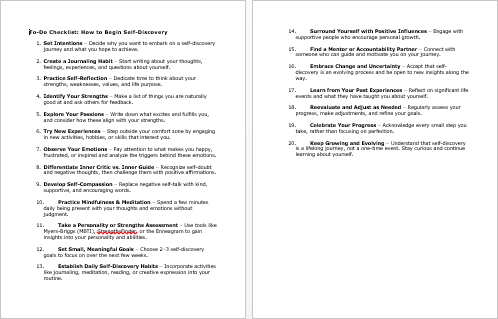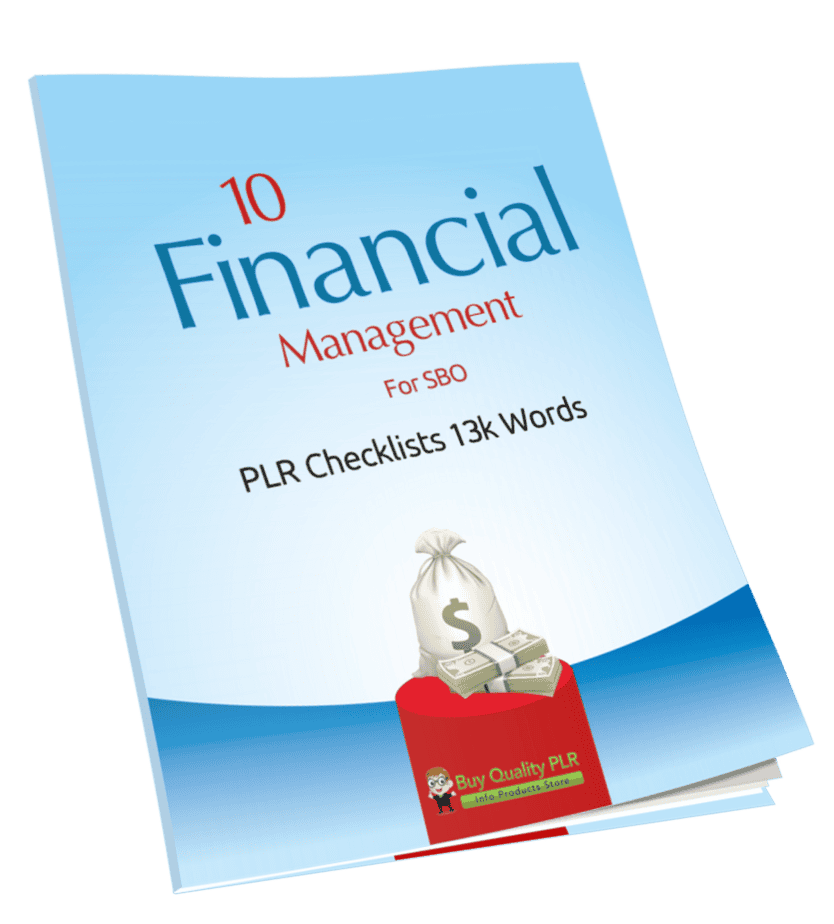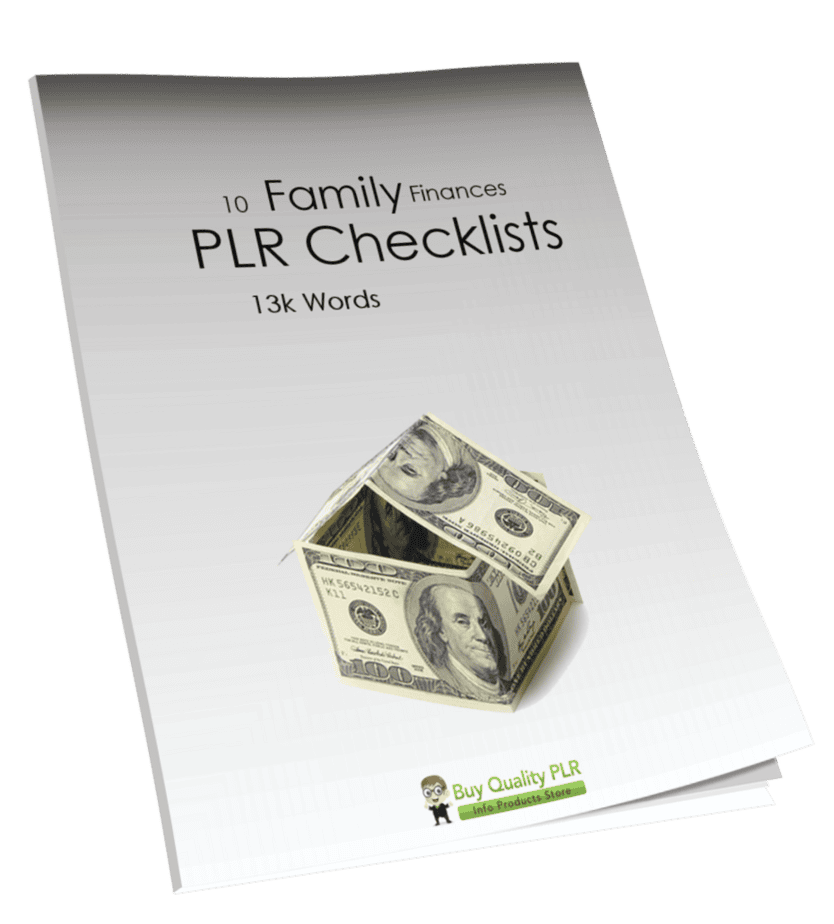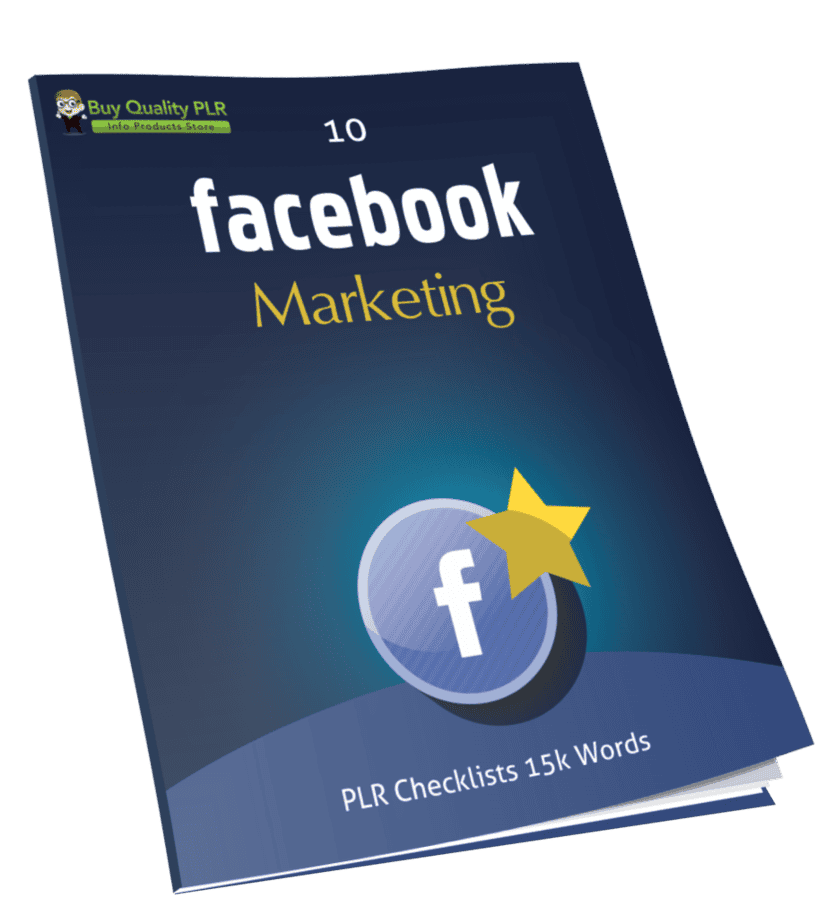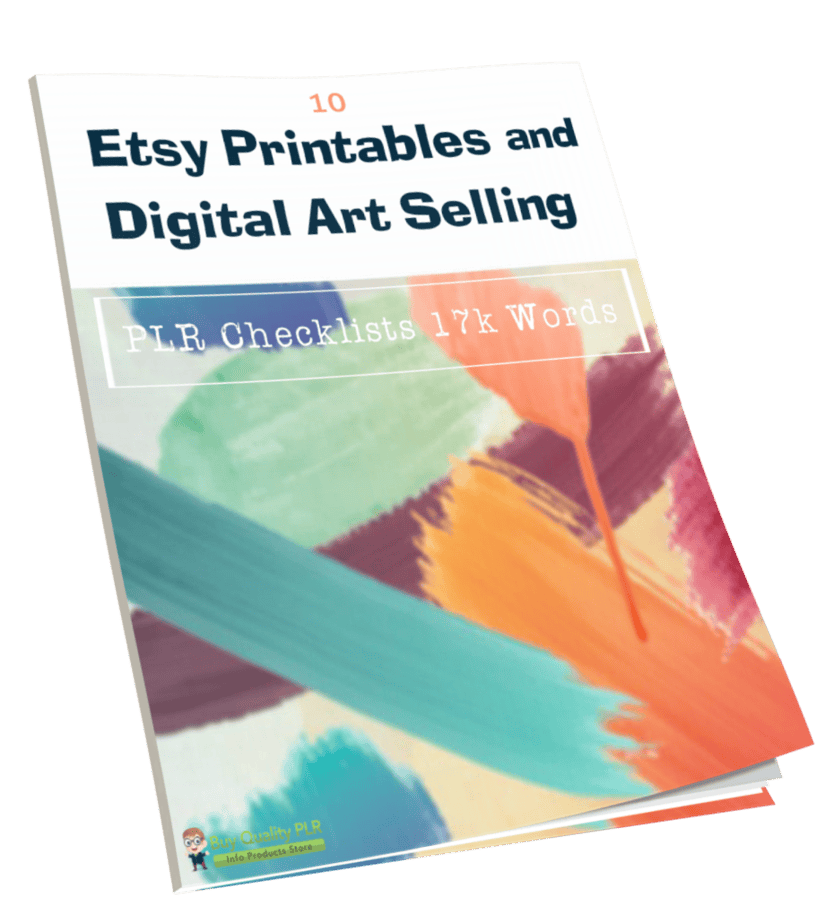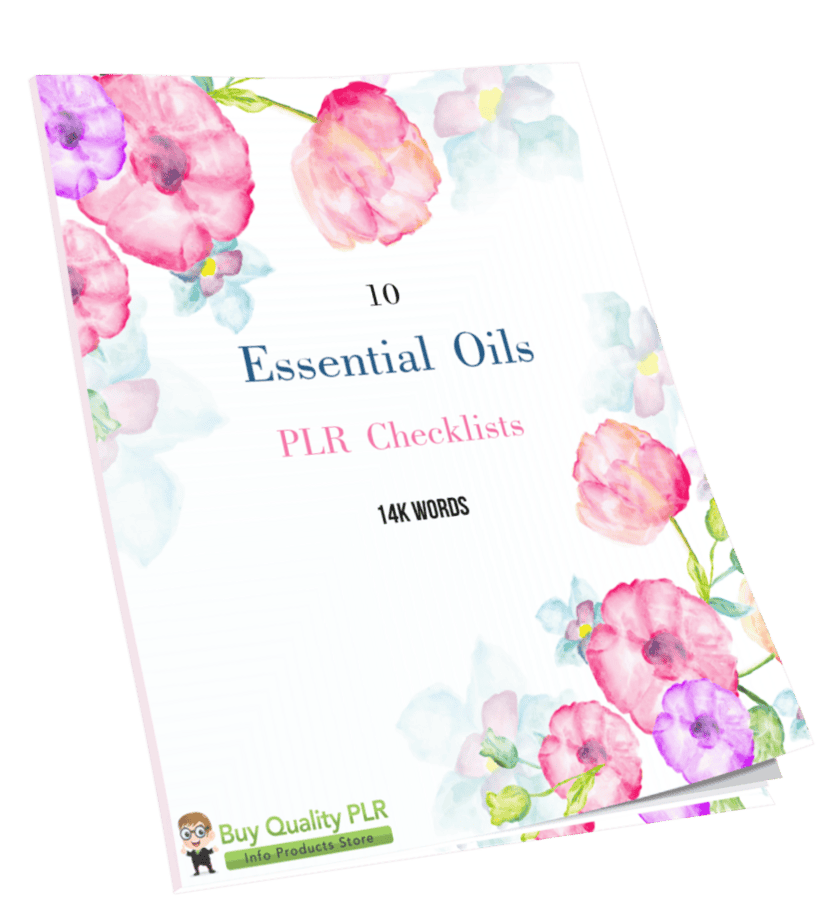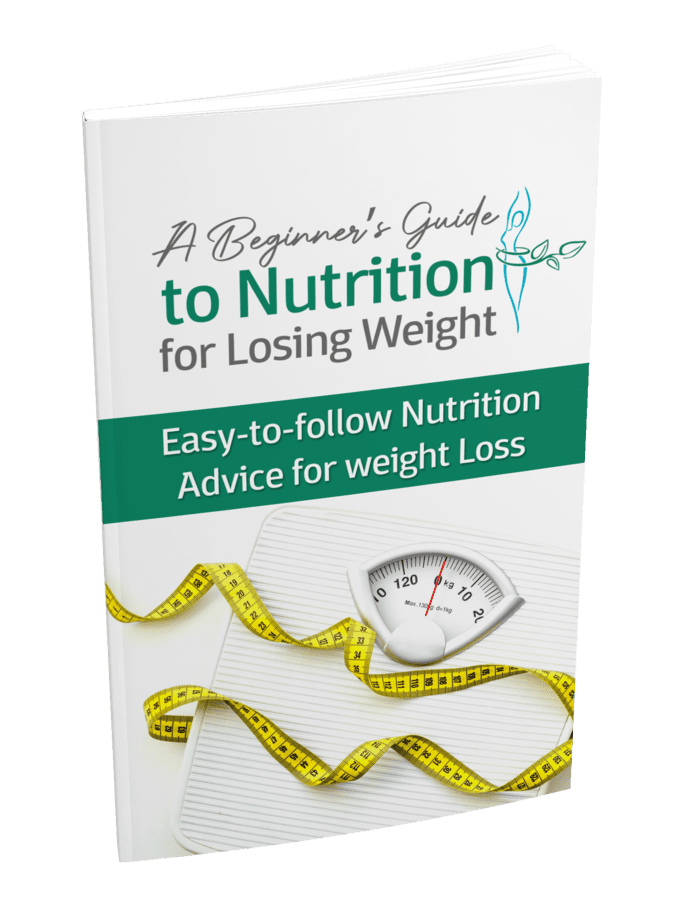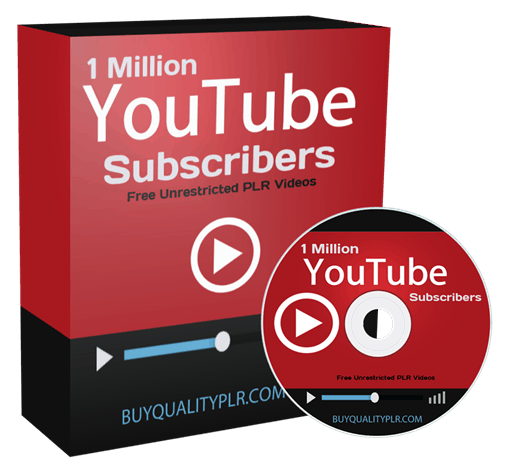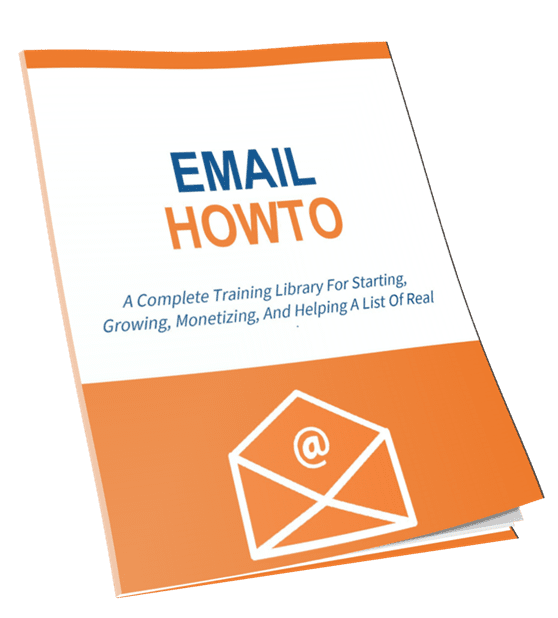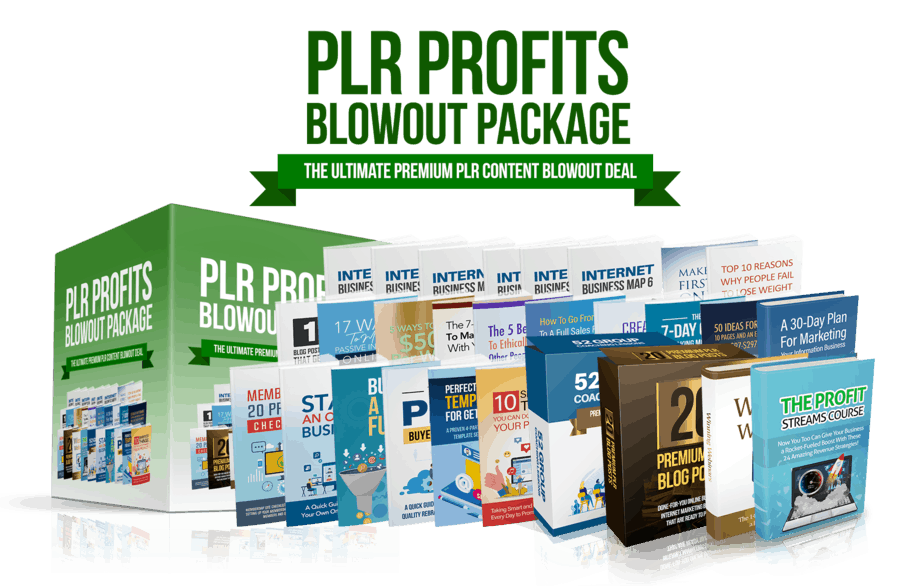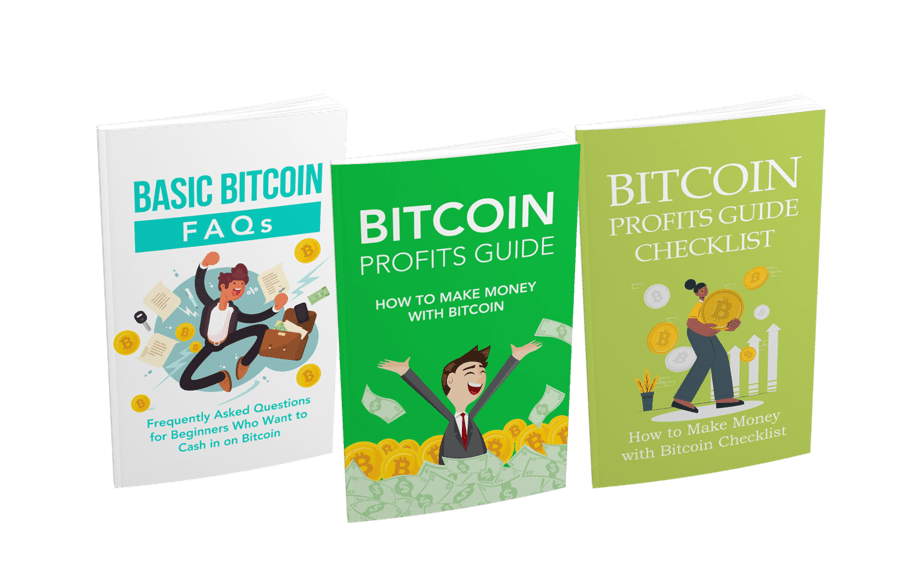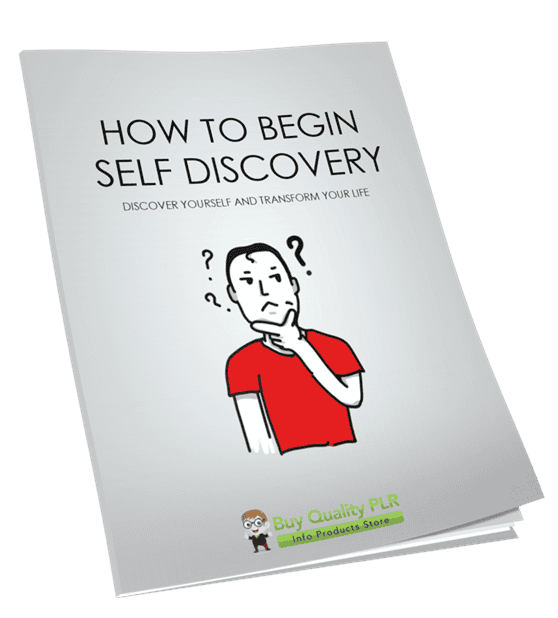
How to Begin Self Discovery PLR Course 22k Words
in PLR Checklists , PLR eBooks , PLR eCourses , PLR List Building Reports , Premium PLR , Premium PLR eBooks , Premium PLR Reports , Premium White Label Brandable PLR Coaching Courses , Private Label Rights Products , Self Discipline PLR , Self Doubt PLR , Self Help PLR , Self Help PLR eBooks , Self Improvement PLR , Self Improvement PLR EbooksChoose Your Desired Option(s)
has been added to your cart!
have been added to your cart!
#selfdiscovery #personalgrowth #mindsetshift #selfimprovement #innerjourney #plrcourse #digitalproducts #mindfulness #positivemindset #personaldevelopment #growthmindset #plrcontent
Discover Yourself and Transform Your Life – With Your Own PLR Product
Are you ready to guide yourself or others on a journey of self-discovery? The How to Begin Self-Discovery PLR Course is a complete, ready-to-use package designed to help anyone unlock their true potential, understand their passions, values, and purpose, and live a more meaningful life.
This course isn’t just another self-help guide. It’s a comprehensive roadmap for personal growth, filled with practical exercises, reflective activities, and actionable steps that anyone can follow. And the best part? You get full PLR rights, meaning you can rebrand, sell, bundle, or repurpose this content to generate income immediately.
Whether you want to resell as a digital product, create multiple smaller guides, build a membership site, or offer an online course, this PLR package gives you the tools to monetize a booming self-development market.
Presenting…
How to Begin Self Discovery PLR Course 22k Words
Why Self-Discovery Matters
Self-discovery is the foundation of personal growth, emotional intelligence, and success in all areas of life. Understanding your core values, strengths, passions, and emotions allows you to make better decisions, improve relationships, and pursue your goals with confidence.
The How to Begin Self-Discovery PLR Course takes you or your audience on a step-by-step journey, starting from understanding self-discovery to creating actionable plans for continuous personal development.
With this course, anyone can:
- Understand who they truly are
- Identify their core values and beliefs
- Explore their strengths and passions
- Manage emotions and develop self-compassion
- Create a personal growth plan for ongoing improvement
What’s Inside the Course
This course is divided into five in-depth modules, each designed to provide clarity, insight, and actionable exercises.
Module 1: Understanding Self-Discovery
- What is Self-Discovery? Learn the meaning of self-discovery and how it impacts your life.
- Why Does Self-Discovery Matter? Understand how knowing yourself improves decision-making, relationships, and happiness.
- Overcoming Common Myths: Self-discovery is a journey, not a destination – no need to have it all figured out.
- Setting the Right Mindset: Approach your journey with curiosity, patience, and openness.
Module 2: Identifying Your Core Values & Beliefs
- Reflect on Past Experiences: Discover what has brought you fulfillment and joy.
- Identify Your Core Values: Pinpoint 5–10 values that truly resonate with you, such as honesty, creativity, or freedom.
- Examine Your Daily Choices: Ensure habits and routines align with your values.
- Create a Personal Values Statement: Summarize your core values to guide decisions moving forward.
Module 3: Exploring Your Strengths and Passions
- Take Note of What Excites You: Discover what activities make you lose track of time.
- Identify Your Natural Strengths: Explore what you are inherently good at.
- Connect Strengths with Passions: Align your abilities with what you love doing.
- Experiment and Explore: Try new hobbies, skills, and activities that enhance self-awareness.
Module 4: Understanding Your Emotions & Inner Voice
- Practice Self-Reflection: Track emotions and triggers to better understand yourself.
- Identify Inner Critic vs. Inner Guide: Recognize self-doubt and differentiate it from intuition.
- Develop Self-Compassion: Replace negative self-talk with supportive words.
- Meditation & Mindfulness: Spend daily time being present with your thoughts and emotions.
Module 5: Creating Your Self-Discovery Plan
- Set Small, Meaningful Goals: Focus on 2–3 achievable self-discovery objectives.
- Establish Daily Self-Discovery Habits: Journaling, meditation, and new experiences for consistent growth.
- Find Support & Accountability: Connect with mentors, friends, or communities that encourage progress.
- Celebrate Progress, Not Perfection: Acknowledge wins and continue evolving.
Bonus Materials Included
This PLR package comes complete with everything you need to create a sellable product immediately:
- How to Begin Self-Discovery – Checklist (370 words): Ensure all essential steps are followed.
- How to Begin Self-Discovery – FAQs (936 words): Answer common questions and provide guidance.
- How to Begin Self-Discovery – Sales Page Template (676 words): Ready-to-use, high-converting sales page to start selling instantly.
How You Can Use and Profit From This PLR Course
The How to Begin Self-Discovery PLR Course offers numerous ways to generate income:
- Sell as a Complete Digital Course: Offer the full 20,602-word course to your audience.
- Break Into Smaller Reports: Create individual guides or mini-courses ($10–$20 each).
- Bundle With Other Content: Combine with other self-help materials to create premium packages ($47–$97).
- Create a Membership Site: Offer ongoing access to the content for monthly residual income.
- Develop a Multi-Week E-Class: Convert into a structured online course ($297–$497).
- Convert to Audio or Video: Cater to audiences who prefer different learning formats.
- Use Excerpts as Lead Magnets: Share portions of content as blog posts, free guides, or incentives to build your email list.
- Create Physical Products: Convert the course into printed workbooks or journals for premium pricing.
- Flip a Productized Website: Build a site around the course and sell it as a turnkey business.
PLR License Terms – What You Can and Cannot Do
Permissions:
- Rebrand and sell content as your own.
- Edit, excerpt, or combine content to create new products.
- Use in membership sites, audio/video courses, or lead magnets.
- Monetize freely without creating new content from scratch.
Restrictions:
- Do not pass PLR rights to your customers.
- Cannot give away the full package for free – must be sold or excerpted.
- Cannot offer 100% affiliate commission – max 75%.
- Cannot include the content in existing customer orders without an additional purchase.
These terms ensure your product retains its value and exclusivity, while giving you full freedom to profit.
Why You Need This Course Today
The self-development industry is booming, with millions seeking guidance to understand themselves, improve their lives, and unlock their potential. With this ready-made PLR course, you can:
- Tap into a high-demand market instantly
- Offer professional, actionable content without writing from scratch
- Build multiple income streams from a single product
- Establish yourself as an authority in self-discovery and personal growth
With the How to Begin Self-Discovery PLR Course, you’re not just buying content – you’re getting a turnkey business asset that can generate long-term revenue while helping people transform their lives.
Take Action Now
Start your journey or your audience’s journey toward true self-understanding today. With 20,602 words of expertly written content, bonus materials, and full PLR rights, this package gives you everything you need to sell, teach, and profit.
Don’t wait – unlock potential, inspire change, and build your business now!
Grab the How to Begin Self-Discovery PLR Course Today and Start Profiting!
✅ Included in Your Purchase:
- 20,602-word course content
- Self-Discovery checklist (370 words)
- FAQs (936 words)
- Ready-to-use sales page (676 words)
- Full PLR rights to edit, rebrand, and sell
has been added to your cart!
have been added to your cart!
Here A Sample of How to Begin Self Discovery PLR Course
This course is your personal roadmap to understanding yourself on a deeper level. We’ll take things one step at a time, with practical exercises, self-reflection, and engaging activities. Get ready to unlock your potential and truly know you!
Module 1: Understanding Self-Discovery
Before diving in, let’s get clear on what self-discovery means and why it’s essential for personal growth.
Step 1: What is Self-Discovery?
Introduction
Self-discovery is the foundation of personal growth and fulfillment. It is the journey of understanding who you truly are—your values, passions, and purpose. In a world filled with external expectations and social pressures, self-discovery allows you to reconnect with your authentic self and live a life that aligns with your true nature.
This step will guide you through the core principles of self-discovery and help you build the awareness needed to move forward in your journey. By the end of this step, you will have a clearer understanding of what self-discovery means and why it is crucial for personal and professional success.
1. Understanding the Concept of Self-Discovery
Self-discovery is not a one-time event; it is a continuous process of learning and evolving. It involves:
- Recognizing your core values: What principles guide your decisions and actions?
- Identifying your passions: What activities bring you joy and fulfillment?
- Clarifying your life purpose: What impact do you want to make in your life and in the world?
Self-discovery is about peeling back the layers of societal conditioning, past experiences, and self-imposed limitations to reveal your true identity. It is not about becoming someone new but about uncovering the person you have always been.
Self-Discovery in Everyday Life
Self-discovery is not an abstract concept reserved for personal reflection; it is woven into everyday experiences.
- When you choose a career, you engage in self-discovery by exploring what motivates and excites you.
- When you form relationships, you learn about your emotional needs, boundaries, and communication styles.
- When you face challenges, you discover your resilience, problem-solving skills, and adaptability.
Every decision, interaction, and challenge offers an opportunity to learn more about yourself.
2. Why is Self-Discovery Important?
Self-discovery is not a luxury; it is a necessity for living an intentional and meaningful life. Here’s why:
A. It Helps You Make Authentic Decisions
When you know yourself deeply, your decisions are guided by your true values and desires, rather than external expectations. Without self-awareness, people often make choices based on societal pressure, leading to dissatisfaction and regret.
Example: A person who values creativity but chooses a highly structured career due to external influence may feel unfulfilled. Understanding this early allows for informed career decisions.
B. It Improves Your Relationships
Self-discovery allows you to understand your emotional needs, communication style, and boundaries. This leads to healthier relationships, as you interact with others from a place of authenticity rather than insecurity or fear.
Example: Knowing that you value deep, meaningful conversations over small talk can help you build relationships that align with your personality.
C. It Increases Confidence and Self-Acceptance
When you truly understand yourself, you no longer seek validation from others. You become confident in your own abilities, choices, and path in life.
Example: Instead of comparing yourself to others, you appreciate your unique strengths and embrace areas of growth as part of your journey.
D. It Leads to Personal and Professional Growth
Knowing your strengths and passions helps you identify opportunities for growth. Whether it is advancing in your career, starting a business, or developing new skills, self-discovery provides the clarity needed to set meaningful goals.
Example: A person passionate about teaching may realize that they find fulfillment in mentoring others, leading them to pursue coaching or training roles.
3. How to Begin Your Self-Discovery Journey
Now that you understand the importance of self-discovery, it’s time to take action. Here are three practical steps to begin:
Step 1: Engage in Self-Reflection
- Set aside quiet time to reflect on your life experiences, emotions, and thoughts.
- Ask yourself thought-provoking questions:
- What are my happiest memories, and what do they have in common?
- What situations make me feel most confident?
- What fears or doubts hold me back?
Tip: Journaling is a powerful tool for self-reflection. Write freely without judgment, and review your entries over time to identify patterns.
Step 2: Explore Your Interests and Strengths
- Try new activities and pay attention to what excites and energizes you.
- Notice tasks that come naturally to you—these are often linked to your innate strengths.
- Take personality and strength assessments for additional insights.
Tip: Reflect on what people often compliment you on. Do they say you are a great listener, a creative thinker, or a natural leader? These clues can guide your self-discovery.
Step 3: Pay Attention to Your Emotions
- Notice when you feel happiest and most fulfilled.
- Identify triggers that cause stress or frustration.
- Your emotions serve as a guide, signaling whether something aligns with your authentic self.
Tip: Use a daily mood tracker to observe how different experiences impact your well-being.
4. Common Misconceptions About Self-Discovery
Many people hold false beliefs about self-discovery, which can prevent them from fully embracing the process. Let’s debunk a few:
Misconception #1: “I Should Have Everything Figured Out By Now.”
- Self-discovery is a lifelong process. You will continue evolving as you grow and gain new experiences.
Misconception #2: “Self-Discovery is Selfish.”
- Understanding yourself allows you to contribute positively to the world. When you are fulfilled, you bring your best self to your relationships and career.
Misconception #3: “Self-Discovery Requires a Major Life Change.”
- You do not need to quit your job or travel the world to discover yourself. Small, intentional steps—like self-reflection, reading, or trying new hobbies—can be just as transformative.
Conclusion: Embracing the Journey
Self-discovery is a personal and ongoing journey, not a final destination. The more you learn about yourself, the more empowered you become to make choices that align with your true self.
Key Takeaways from This Step:
✔ Self-discovery is about understanding your values, passions, and purpose.
✔ It is essential for authentic decision-making, stronger relationships, and personal growth.
✔ You can start by reflecting on experiences, exploring interests, and listening to your emotions.
✔ The journey is continuous and evolves as you grow.
Now, take a few minutes to reflect:
- What are three things you have learned about yourself in the past year?
- What is one step you can take today to deepen your self-awareness?
You are now ready to move forward to the next step of your self-discovery journey. Continue with an open heart and a curious mind.
Next Step: Step 2: Why Does Self-Discovery Matter?
Step 2: Why Does Self-Discovery Matter?
Introduction
In the fast-paced world we live in, many people make life decisions based on external expectations rather than their own true desires. They choose careers, relationships, and lifestyles that may not align with their authentic selves, leading to dissatisfaction, stress, and even burnout.
Self-discovery is not a luxury—it is a necessity for living a meaningful and fulfilling life. It is the process of understanding your values, passions, strengths, and purpose, allowing you to make decisions that truly reflect who you are.
By the end of this step, you will understand:
✔ Why self-discovery is essential for better decision-making
✔ How self-awareness improves relationships
✔ How knowing yourself leads to a more fulfilling and purpose-driven life
Let’s begin.
1. Self-Discovery Leads to Better Decision-Making
Every day, we make choices—big and small. Some choices shape our careers, relationships, and personal growth, while others determine how we spend our time and energy. The key to making better decisions lies in knowing yourself.
A. The Problem with Making Decisions Without Self-Awareness
- Many people follow paths chosen for them by society, family, or peer pressure rather than making intentional decisions.
- This often leads to regret, dissatisfaction, or frustration when they realize they are living a life that does not reflect their true selves.
- Without self-awareness, people struggle to know what truly makes them happy and fulfilled.
Example: Imagine a person who pursues a high-paying corporate job because it is considered “successful” by society. Years later, they feel unfulfilled, realizing they were always passionate about creative work but never gave themselves the chance to explore it.
B. How Self-Discovery Improves Decision-Making
When you know your values, strengths, and desires, you make choices that truly reflect who you are. This leads to:
✔ Confidence in decision-making – No more second-guessing.
✔ Alignment with your goals – Every choice moves you closer to your ideal life.
✔ Less stress and anxiety – Decisions feel natural, not forced.
Action Step: Take time to reflect on past decisions in your life. Were they made based on your true desires, or were they influenced by external expectations? Write down one decision you regret and what you learned from it.
2. Self-Discovery Improves Relationships
Relationships—whether personal or professional—thrive when you have clarity about your needs, boundaries, and communication style. Without self-discovery, relationships can become unbalanced, leading to conflict or resentment.
A. Understanding Your Emotional Needs
- Many people enter relationships without fully understanding what they need from a partner, friend, or colleague.
- This can lead to unrealistic expectations or frustration when others do not meet unspoken needs.
Example: If you value deep emotional connection but keep forming friendships based on convenience rather than shared values, you may feel lonely despite having many acquaintances.
B. Setting Healthy Boundaries
- Self-awareness helps you set clear boundaries, which prevent burnout, stress, and unhealthy relationships.
- When you know what makes you uncomfortable or drains your energy, you can communicate those boundaries effectively.
Example: If you discover that constant socializing exhausts you, you can set limits by scheduling time for yourself without feeling guilty.
C. Becoming a Better Communicator
- Knowing yourself allows you to communicate with clarity and authenticity.
- You can express your needs, expectations, and values confidently, leading to stronger, more meaningful relationships.
Action Step: Write down three emotional needs that are important to you in relationships. Reflect on whether your current relationships fulfill those needs. If not, what small change can you make?
3. Self-Discovery Leads to a More Fulfilling Life
Living without self-awareness can feel like going through life on autopilot—doing what is expected rather than what is fulfilling. True fulfillment comes from aligning your life with your core values, passions, and purpose.
A. Why Many People Feel Unfulfilled
- They prioritize external validation (money, status, approval) over personal fulfillment.
- They ignore their passions because they believe they are impractical.
- They stay in situations that do not align with their true selves.
Example: A person who loves traveling and exploring cultures but stays in a job that requires them to sit in an office all day may feel unfulfilled despite earning a stable income.
B. The Power of Aligning Life with Your True Self
When you know what truly matters to you, you can:
✔ Choose work that excites and energizes you.
✔ Build a lifestyle that reflects your passions.
✔ Experience a deeper sense of purpose and joy.
Action Step: Write down three things that bring you joy. How much time do you currently spend on these activities? If the answer is “not enough,” what small change can you make this week?
4. Overcoming Common Barriers to Self-Discovery
Many people resist self-discovery due to fear, doubt, or misconceptions. Let’s address some of the most common barriers.
Barrier #1: “I Don’t Have Time for Self-Discovery.”
- You do not need hours of reflection—small moments of awareness can make a big difference.
- Simple actions like journaling for five minutes or noticing how you feel in certain situations can help.
Barrier #2: “What If I Discover I Need to Change My Life?”
- Change can feel overwhelming, but self-discovery does not mean making drastic changes overnight.
- Small, intentional steps lead to long-term transformation.
Barrier #3: “I’m Too Old to Figure This Out Now.”
- Self-discovery is a lifelong process. Many people find clarity at different stages of life.
- It is never too late to make choices that bring you closer to fulfillment.
Action Step: Identify one fear or doubt you have about self-discovery. Challenge it by asking: What is the worst that could happen if I explore this part of myself?
Conclusion: The Power of Knowing Yourself
Self-discovery is the key to living an authentic, intentional, and fulfilling life. When you understand who you truly are, you:
✔ Make better decisions that align with your values.
✔ Build healthier relationships based on authenticity and communication.
✔ Create a life that feels meaningful and fulfilling.
Key Takeaways from This Step:
✔ Knowing yourself prevents regret and poor decision-making.
✔ Self-awareness helps you set boundaries and build better relationships.
✔ A fulfilling life comes from aligning with your passions and values.
✔ Overcoming fear and doubt is part of the self-discovery journey.
Final Reflection:
- What is one area of your life where you feel out of alignment with your true self?
- What is one step you can take this week to bring yourself closer to living authentically?
Self-discovery is a journey, not a destination. Stay open, stay curious, and embrace the process.
Step 3: Overcoming Common Myths About Self-Discovery
Introduction
Many people hesitate to start their self-discovery journey because of misconceptions and unrealistic expectations. These myths can create doubt, fear, and even resistance to exploring who you truly are. However, self-discovery is not about having everything figured out overnight—it is a lifelong journey of growth, learning, and understanding.
In this step, we will break down the most common myths about self-discovery and replace them with empowering truths. By the end, you will feel more confident in embracing this process with patience and curiosity.
1. Myth #1: “I Need to Have Everything Figured Out Right Away.”
A. Why This Myth Exists
- Many people believe that self-discovery happens in a single moment—a sudden realization that reveals their entire purpose in life.
- Society often pressures individuals to have a clear life plan, especially by a certain age.
Example: Some people think they must have a clear career path, perfect relationships, and a defined life purpose by their 30s or 40s. If they don’t, they feel like they have failed.
B. The Truth: Self-Discovery is a Lifelong Journey
- Self-discovery does not happen overnight. It unfolds gradually through experiences, challenges, and reflections.
- What feels right today may change in five or ten years. Your values and interests evolve over time.
- Instead of focusing on having everything figured out, focus on the process of learning about yourself step by step.
✔ Action Step: Write down three things you have learned about yourself in the past five years. How have your priorities or values changed?
2. Myth #2: “Self-Discovery is Only for People Who Are Lost.”
A. Why This Myth Exists
- Some people associate self-discovery with crisis moments, such as career changes, breakups, or identity struggles.
- There is a misconception that only people who feel lost or confused need self-discovery.
Example: Someone might say, “I already know who I am. I don’t need self-discovery,” without realizing that growth and self-awareness are continuous processes.
B. The Truth: Everyone Benefits from Self-Discovery
- Self-discovery is not just about finding yourself when you are lost—it is about understanding yourself at a deeper level, even if you feel confident in your current path.
- Knowing yourself helps you make better decisions, set healthier boundaries, and live with purpose, no matter where you are in life.
- Even successful people regularly reflect on their goals, passions, and values to stay aligned with their true selves.
✔ Action Step: Take a moment to reflect on an area of your life where you feel confident. Are there any aspects of yourself that you have not explored yet?
3. Myth #3: “Self-Discovery is a Selfish Process.”
A. Why This Myth Exists
- Some cultures and societies prioritize the needs of others over self-awareness, making self-discovery seem like a selfish act.
- People may feel guilty for focusing on themselves instead of family, work, or societal expectations.
Example: A person who has always taken care of others (parents, children, colleagues) may feel guilty about spending time on self-reflection and personal growth.
B. The Truth: Understanding Yourself Helps Others Too
- Self-discovery is not about being self-centered—it is about being self-aware. When you understand yourself, you can:
✔ Make better decisions that positively impact those around you.
✔ Build stronger, more meaningful relationships based on honesty and emotional awareness.
✔ Set healthy boundaries, preventing burnout and resentment. - When you take care of yourself, you become a better parent, friend, partner, leader, and team member.
✔ Action Step: Think of a time when being self-aware helped you support someone else. How did understanding yourself improve that relationship or situation?
4. Myth #4: “Self-Discovery Means I Must Change Everything About My Life.”
A. Why This Myth Exists
- Some people fear that discovering new things about themselves means they must make big, uncomfortable changes.
- They worry that self-awareness might lead them to quit jobs, leave relationships, or completely change their lifestyles.
Example: Someone who realizes they are unhappy in their career may fear that self-discovery will force them to make a drastic change, like quitting their job without a plan.
B. The Truth: Self-Discovery is About Alignment, Not Drastic Change
- Self-discovery does not mean throwing everything away—it means making small, intentional adjustments to align with who you truly are.
- Not every realization requires immediate action. Sometimes, awareness itself is enough to bring clarity and peace.
- You can make changes gradually and strategically without feeling overwhelmed.
✔ Action Step: Identify one small change you can make this week to align your daily life with your true values. It could be as simple as spending more time on a hobby or setting a personal boundary.
Conclusion: Embracing Self-Discovery as an Ongoing Process
Self-discovery is a journey, not a destination. There is no final point where you “arrive” and know everything about yourself. The process continues as you grow, evolve, and experience new challenges and opportunities.
Key Takeaways from This Step:
✔ You do not need to have everything figured out—self-discovery happens gradually.
✔ Everyone benefits from self-discovery, not just those who feel lost.
✔ Understanding yourself helps others and improves relationships—it is not selfish.
✔ Self-discovery does not require drastic life changes—it is about making small, meaningful adjustments.
Final Reflection:
- Which of these myths have you believed in the past?
- How can you shift your mindset to embrace self-discovery as a positive, empowering process?
Self-discovery is about curiosity, patience, and growth. Stay open to the journey, and remember—there is no rush.
Step 4: Setting the Right Mindset
Introduction
Before diving deeper into self-discovery, it is important to set the right mindset. Self-discovery is not about reaching a final destination—it is about exploring, learning, and evolving over time. Approaching this journey with the right perspective will help you gain insights without unnecessary stress, self-judgment, or fear of making mistakes.
This step will guide you through four essential mindset shifts that will allow you to embrace self-discovery with curiosity, openness, and patience. You are not here to “fix” yourself; you are here to understand yourself better. There is no pressure—just exploration.
1. Shift from Judgment to Curiosity
A. Why This Shift is Important
- Many people start self-discovery with a judgmental mindset, analyzing their flaws, mistakes, and past decisions with a harsh inner critic.
- Self-judgment creates guilt, shame, and hesitation, making the process feel like self-criticism instead of self-exploration.
Example: Someone reflecting on past career choices may think, “I should have chosen a different path. I made a mistake,” instead of asking, “What did I learn from that experience?”
B. How to Adopt a Curious Mindset
- Replace judgment with curiosity—treat your self-exploration like an exciting experiment rather than a performance review.
- Ask open-ended questions instead of making negative assumptions about yourself.
- Remember, there are no “wrong” answers in self-discovery—only insights and learning opportunities.
✔ Action Step: The next time you catch yourself judging a past decision, stop and reframe it as a learning experience. Ask, “What can I learn from this?”
2. Shift from Fixed to Growth Mindset
A. Why This Shift is Important
- A fixed mindset assumes that personality, abilities, and preferences are set in stone—that you either “are” a certain way or you are not.
- This belief can make self-discovery feel frustrating, as if you are trapped in your current self instead of growing and evolving.
Example: A person who has always been shy might think, “I am just not a confident person,” instead of realizing, “Confidence is a skill I can build over time.”
B. How to Develop a Growth Mindset
- Accept that change is natural—who you were five years ago is not who you are today, and that is okay.
- See yourself as a work in progress, open to growth, new experiences, and evolving interests.
- Treat setbacks as part of the journey. If something does not work, adjust and keep going.
✔ Action Step: Think of one area where you have changed or grown in the past five years. Remind yourself that you are capable of continuous growth and transformation.
3. Shift from Fear to Openness
A. Why This Shift is Important
- Self-discovery often involves confronting uncomfortable truths—about your fears, desires, and limitations.
- Many people hesitate to explore deeply because they fear what they might find.
Example: Someone afraid of change may avoid asking themselves what they truly want in life because they fear the answer might require difficult adjustments.
B. How to Cultivate Openness
- Accept that discomfort is part of growth—it means you are expanding your understanding of yourself.
- Instead of fearing difficult realizations, see them as opportunities to improve your life.
- Give yourself permission to explore without pressure—there are no deadlines, only discoveries.
✔ Action Step: Write down one area of self-discovery that feels intimidating to you. Now, reframe it as an exciting opportunity rather than a threat.
4. Shift from Perfectionism to Patience
A. Why This Shift is Important
- Perfectionism can make self-discovery feel like a test you must pass instead of a journey you can enjoy.
- Many people put pressure on themselves to “get it right” and find the perfect answers immediately.
- Self-discovery does not work like that—it is an ongoing process, and patience is key.
Example: Someone might feel frustrated if they do not immediately figure out their life purpose, believing they are failing at self-discovery.
B. How to Develop Patience
- Remind yourself that growth takes time—there is no need to rush.
- Trust the process. Even if you do not have all the answers today, they will unfold naturally over time.
- Celebrate small insights along the way, even if they seem minor.
✔ Action Step: Think of one area in life where you have been patient and eventually saw progress. Apply the same patience to your self-discovery journey.
Conclusion: Embracing the Right Mindset for Self-Discovery
Self-discovery is most effective when approached with a sense of curiosity, openness, and patience. By shifting your mindset, you will create an environment of self-acceptance and learning, allowing you to explore yourself without fear or pressure.
Key Takeaways from This Step:
✔ Replace judgment with curiosity—explore rather than criticize.
✔ Adopt a growth mindset—see yourself as evolving, not stuck.
✔ Move from fear to openness—embrace discomfort as part of growth.
✔ Let go of perfectionism—be patient with the process.
Final Reflection:
- Which mindset shift do you struggle with the most?
- How can you apply these principles to make your self-discovery journey more enjoyable and less stressful?
We’re also giving these extra bonuses
How to Begin Self Discovery – Checklist
How to Begin Self Discovery – FAQs

How to Begin Self Discovery – Salespage Content

Package Details:
Word Count: 20 602 Words
Number of Pages: 100
How to Begin Self Discovery – Bonus Content
Checklist
Word Count: 370 words
FAQs
Word Count: 936 words
Salespage Content
Word Count: 676 words
Total Word Count: 22 584 Words
Your PLR License Terms
PERMISSIONS: What Can You Do With These Materials?
Sell the content basically as it is (with some minor tweaks to make it “yours”).
If you are going to claim copyright to anything created with this content, then you must substantially change at 75% of the content to distinguish yourself from other licensees.
Break up the content into small portions to sell as individual reports for $10-$20 each.
Bundle the content with other existing content to create larger products for $47-$97 each.
Setup your own membership site with the content and generate monthly residual payments!
Take the content and convert it into a multiple-week “eclass” that you charge $297-$497 to access!
Use the content to create a “physical” product that you sell for premium prices!
Convert it to audios, videos, membership site content and more.
Excerpt and / or edit portions of the content to give away for free as blog posts, reports, etc. to use as lead magnets, incentives and more!
Create your own original product from it, set it up at a site and “flip” the site for megabucks!
RESTRICTIONS: What Can’t You Do With These Materials?
To protect the value of these products, you may not pass on the rights to your customers. This means that your customers may not have PLR rights or reprint / resell rights passed on to them.
You may not pass on any kind of licensing (PLR, reprint / resell, etc.) to ANY offer created from ANY PORTION OF this content that would allow additional people to sell or give away any portion of the content contained in this package.
You may not offer 100% commission to affiliates selling your version / copy of this product. The maximum affiliate commission you may pay out for offers created that include parts of this content is 75%.
You are not permitted to give the complete materials away in their current state for free – they must be sold. They must be excerpted and / or edited to be given away, unless otherwise noted. Example: You ARE permitted to excerpt portions of content for blog posts, lead magnets, etc.
You may not add this content to any part of an existing customer order that would not require them to make an additional purchase. (IE You cannot add it to a package, membership site, etc. that customers have ALREADY paid for.)
Share Now!

